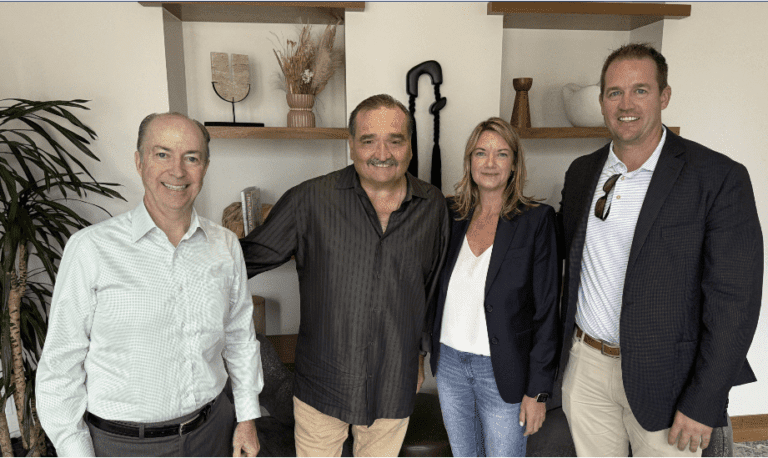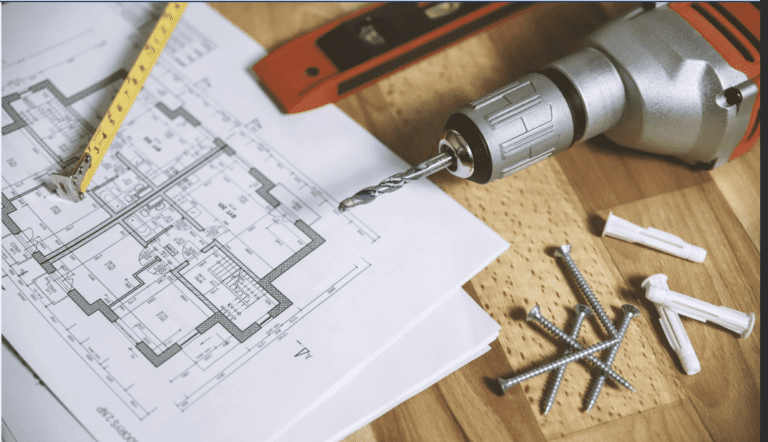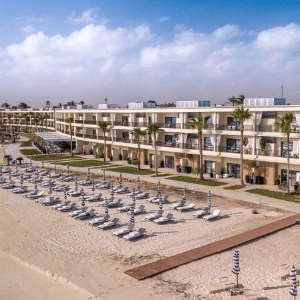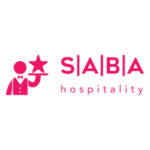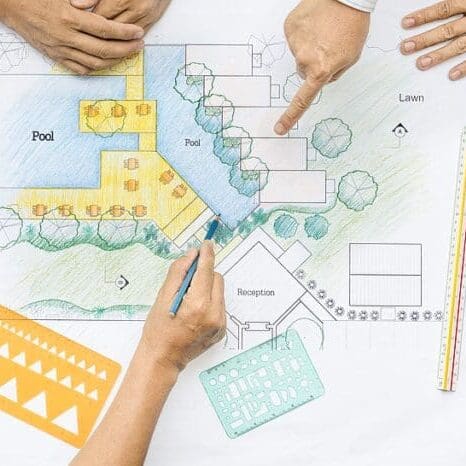 Ownership and influential stakeholders are entitled to make changes to hotel projects. It’s their dream and foresight that you are delivering. However, deciding to make a significant change in the direction of a project requires a careful, balanced approach to maintain stakeholder alignment and ensure project success.
Ownership and influential stakeholders are entitled to make changes to hotel projects. It’s their dream and foresight that you are delivering. However, deciding to make a significant change in the direction of a project requires a careful, balanced approach to maintain stakeholder alignment and ensure project success.
Here’s a quick synopsis of how to navigate such a scenario:
1. Stay calm, think clearly and stay professional
Change is part of the project landscape. It’s important to remain calm, professional, and open-minded. As the project director, your attitude will set the tone for the team and stakeholders.
2. Understand the reasons behind the change
Schedule a meeting with ownership or stakeholders to fully understand the rationale behind the new direction. Ask probing questions to uncover whether financial considerations, market conditions, or long-term vision shifts that are driving the change. This helps you tailor your response and find alignment with their strategic goals.
3. Assess the impact on time, cost, quality, and scope
Evaluate how the new direction affects the project scope, timelines, budget, and resources. Perform a thorough analysis to identify potential risks, opportunities, threats or roadblocks. Create a detailed report outlining these impacts, including potential consequences for ongoing work and future deliverables.
4. Realign stakeholders and manage expectations
Communicate the change and its implications to all stakeholders, including internal teams, contractors, and external partners. It’s essential to manage expectations and keep everyone on the same page. Ensure that contractual obligations, procurement processes, or partnerships are revisited to accommodate the new direction. Ensure that you respond appropriately to all queries.
5. Develop a revised action plan
Collaborate with your internal team to create a revised plan reflecting the new objectives. This includes recalibrating the project’s milestones, reallocating resources, and adjusting timelines. Ensure the new plan addresses the ownership’s goals while maintaining realistic expectations about deliverables.
6. Rework communication and decision-making protocols
As the project may now have new priorities, it’s critical to reassess communication protocols, especially regarding decision-making chains. Establish regular check-ins to ensure alignment and progress toward the revised goals and make adjustments as needed.
7. Negotiate new terms, if required
Significant changes may require renegotiating aspects of contracts concerning scope and timeframe agreements. Engage in discussions with ownership to ensure all terms are updated, including financial provisions and timelines. Effective negotiation can prevent friction down the road and keep the project moving smoothly.
8. Prepare for resistance and address concerns
Team members, partners, or other stakeholders may resist the change, particularly if they are invested in the original direction. It’s important to address concerns, provide context, and highlight the benefits of the new direction. Maintain a transparent, collaborative atmosphere to ensure a smooth transition.
9. Monitor and adapt as the project progresses
Keep a close eye on progress as the project moves forward under the new direction. Be prepared to adapt further as new challenges or opportunities arise. Regular monitoring and agile adjustments will ensure that the project remains on track toward successful completion.
10. Reflect and document lessons learned
Once the project has been successfully transitioned, take the time to reflect on the process. Document the lessons learned for future hotel development projects, both in terms of managing change and understanding ownership’s decision-making patterns. This knowledge will help in proactively handling similar situations in the future.
Navigating ownership’s decision to change project direction significantly requires clear communication, flexibility, and strong leadership. A structured approach ensures alignment and helps maintain momentum toward new objectives.




